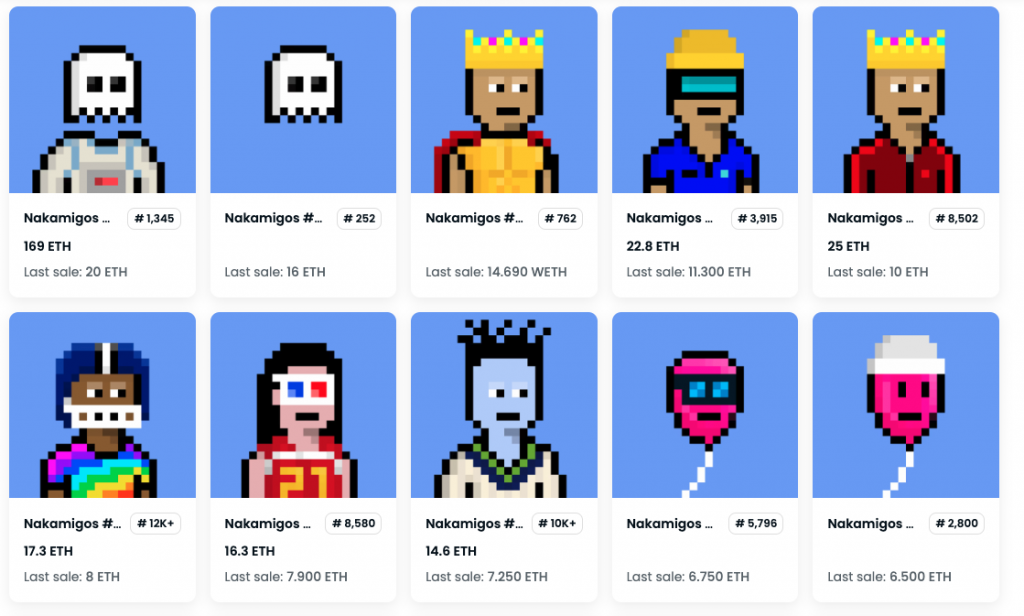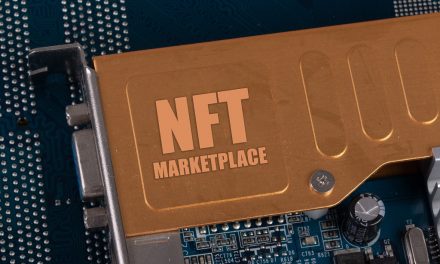OpenSea Pro Aims to Regain Dominance in NFT Market
OpenSea, the non-fungible token (NFT) marketplace that once dominated the market, has launched its OpenSea Pro platform in a bid to win back professional NFT traders from its top competitor, Blur. While OpenSea has long been popular with collectors and artists for its simplicity and widespread usage, Blur has been favored by fast-paced traders due to its fee-free structure and trading incentive mechanisms. The two entities have been embroiled in a fierce competition in recent months, mimicking each other’s moves and changing policies to stay ahead. OpenSea Pro, which is a rebranded version of Gem, an NFT market aggregator it acquired in April, is said to draw information from 170 marketplaces and provides traders with real-time data tracking, inventory management, optimized gas fees, and more. The move has received positive feedback on Twitter, but it remains to be seen whether it will be enough to convince Blur loyalists to switch.
Ralph Lauren Accepts Cryptocurrency at Miami Store
American fashion brand Ralph Lauren has made a bold move by opening a new store in Miami that accepts cryptocurrency as payment, marking a significant step forward for the retailer’s integration of Web3 technology. The store is working with service provider BitPay to enable customers to purchase merchandise using bitcoin (BTC), ether (ETH), and Polygon’s token, MATIC. The move comes as the company continues to test the waters of Web3 and serves as a potential on-ramp for average customers looking to transition to blockchain payments. Furthermore, Ralph Lauren is collaborating with Web3 community Poolsuite to release co-branded NFTs that will be gifted to existing holders of the Poolsuite NFT membership collection. Members will receive exclusive access to a “special event” and be able to update their “Leisurist” avatars with digital Ralph Lauren wearables.
VitaDAO Votes in Favor of Creating a For-Profit Company to Fund Longevity Research
Decentralized autonomous organization (DAO) VitaDAO, which focuses on longevity sciences and is backed by Pfizer, has voted in favor of launching a for-profit company called VitaTech to speed up funding for its research. The company aims to license longevity technologies from U.S. universities and research institutions and bridge the gap between research and commercialization. The project is scheduled to enter its execution phase in ten weeks. In January, the DAO raised $4.1 million in a funding round, and it has now approved the proposal to democratize and expedite the funding process for longevity-related research projects being undertaken in U.S. universities and national labs. The initiative has the potential to transform the way medical funding is carried out in the U.S.
Nakamigos: The Mysterious Rise of an NFT Sensation

Nakamigos, a 20,000-edition NFT project featuring pixelated avatars, has garnered attention across the NFT community on Twitter, despite having no roadmap or long-term plan for holders. Created by anonymous collective HiFo Labs, the project’s success has puzzled analysts and traders. Some have attributed it to clever marketing and a partnership with NFT influencer Sartoshi, creator of the popular mfers NFT collection. The collection enabled holders of the end of Sartoshi (eos) NFT collection to claim free Nakamigos at mint and promoted a publicity stunt where 24 NFTs were gifted to major crypto influencers, including Art Blocks creator Erick Calderon, NFT trader DJ Seedphrase, and artist XCOPY, that were created in their likeness. However, the project’s origins and intentions remain questionable, and much of its trading volume has come from holders capitalizing on a trend.
Source: CoinDesk





